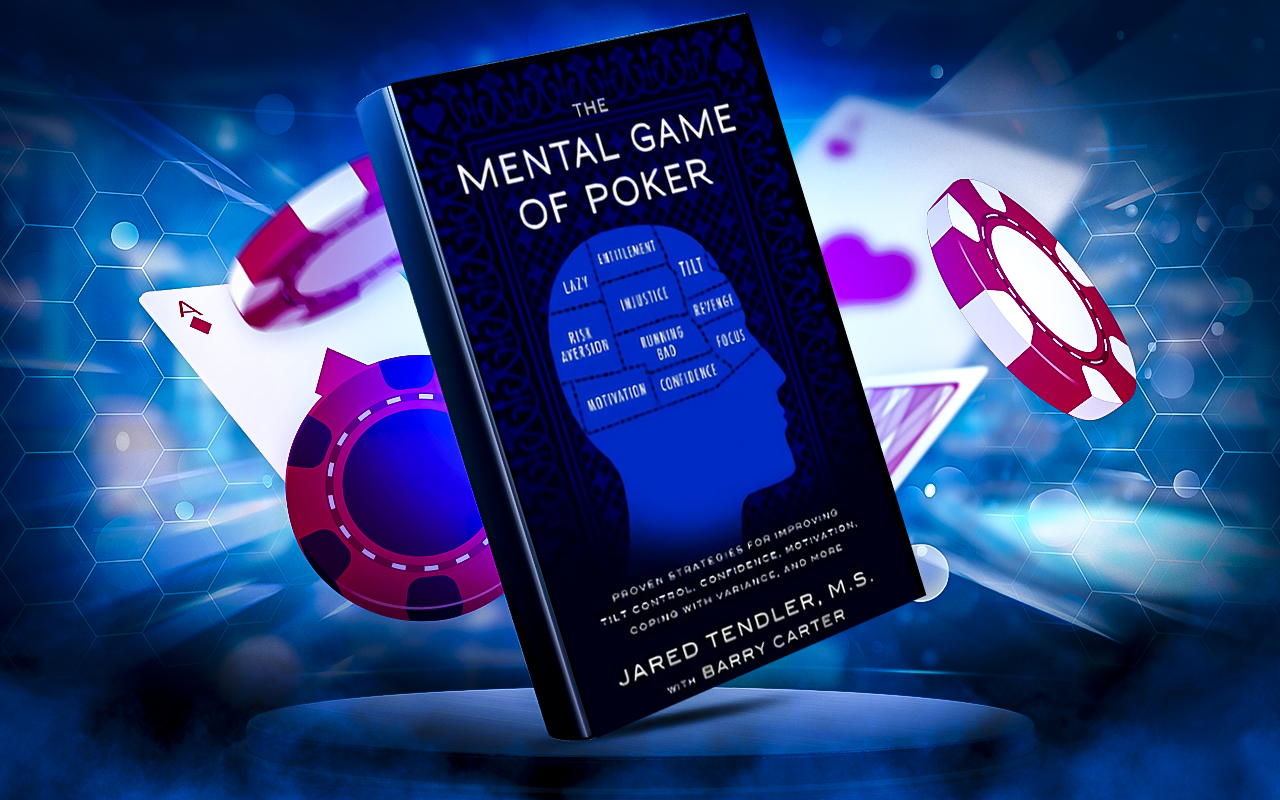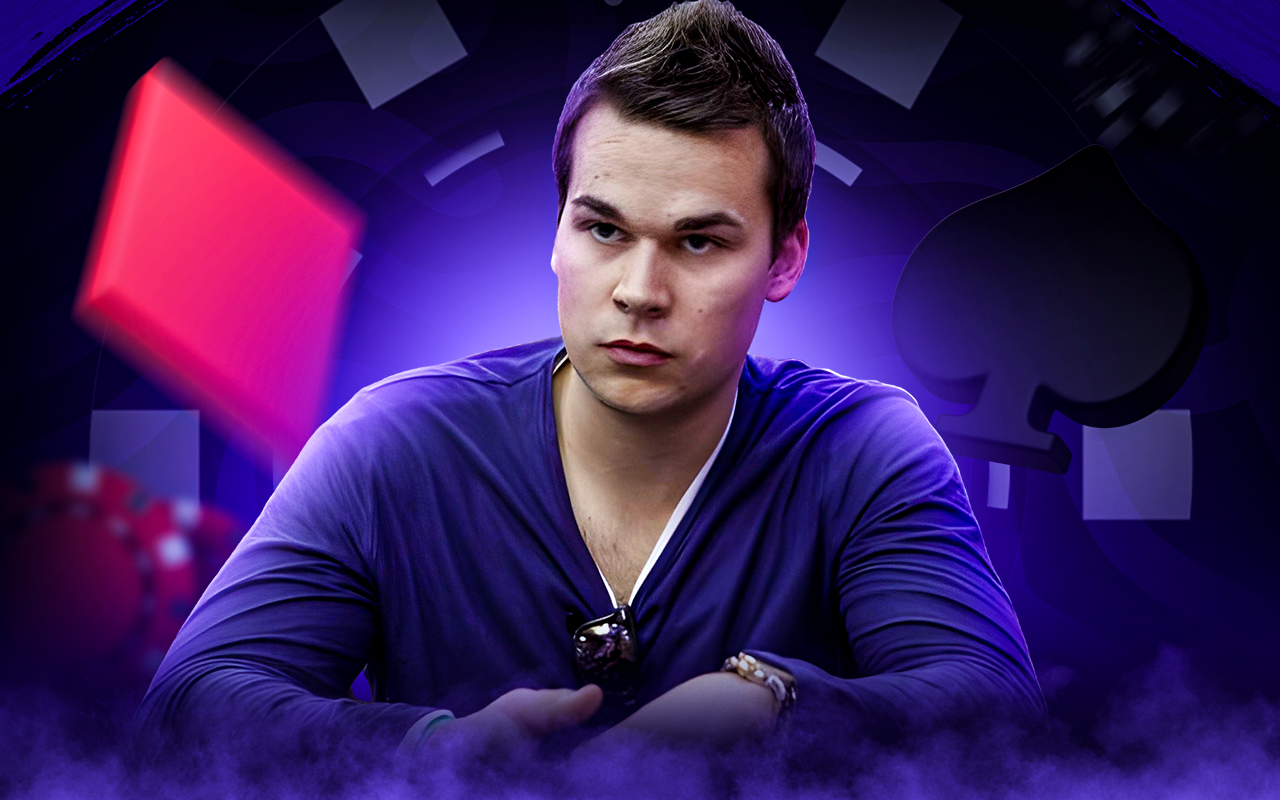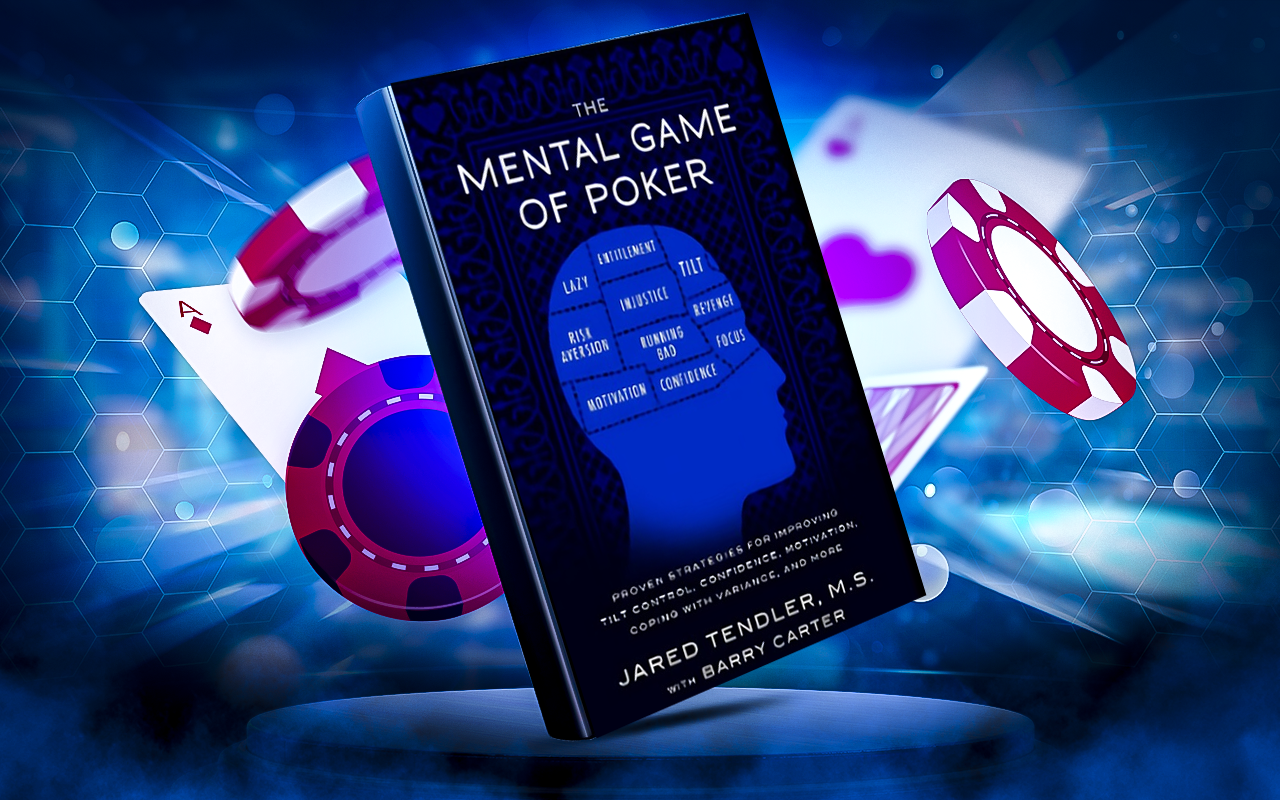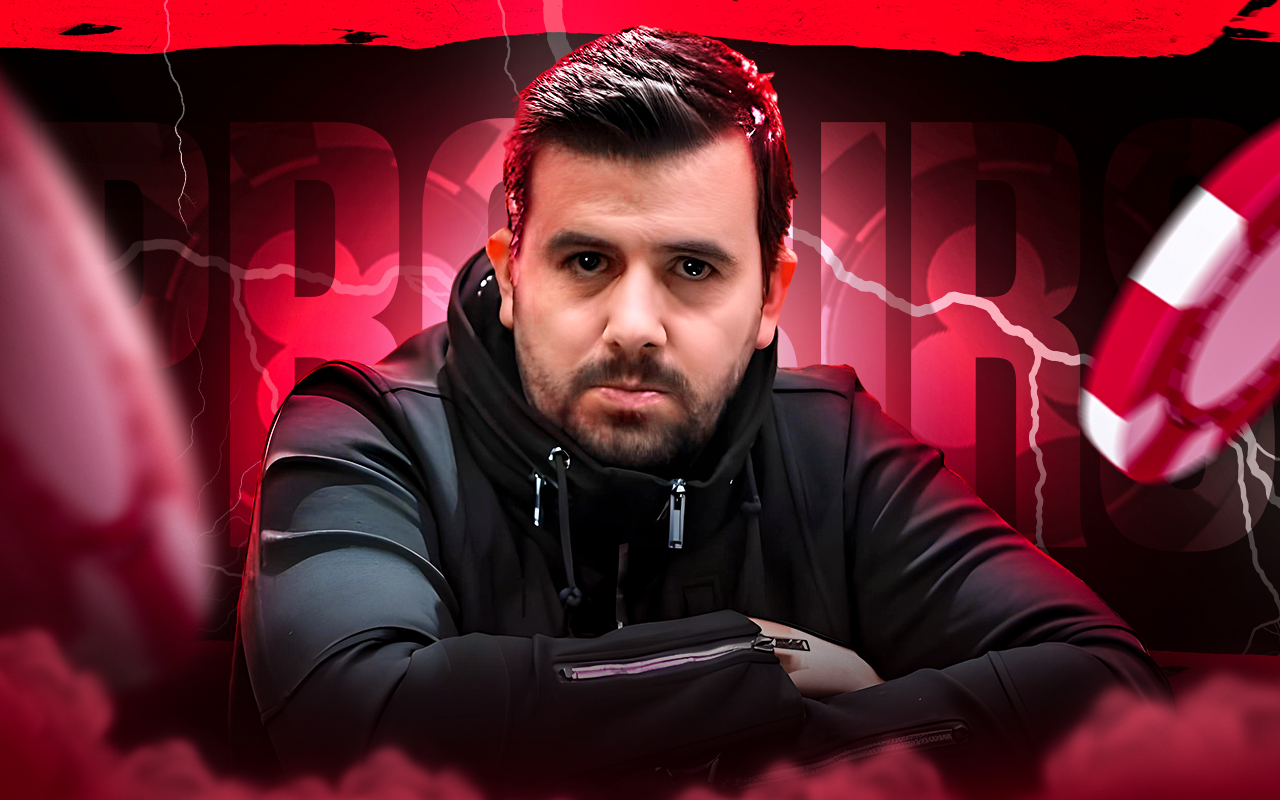The psychology of poker: overcoming problems and myths
This article is part of a prepared series based on the book ‘Mind Games’ by Jared Tendler. The psychology of poker is a key aspect that affects a player's success at the table. We'll look at the main psychological issues players face, myths about poker psychology and suggest tasks to improve their game.
Major psychological problems
-
Tilt. Tilt is a state of emotional distress that can occur after a series of setbacks or unpleasant situations. Players in tilt often take rash actions, which can lead to significant losses. To combat tilt, it is important to develop strategies that will help you remain calm and rational.
-
Fear. Fear of loss or making the wrong decision can paralyse a player and prevent them from making optimal bets. Overcoming fear requires working on confidence in your decisions and your ability to take risks.
-
Motivation. Lack of motivation can reduce a player's effectiveness and lead to a lower quality of play. It is important to find sources of inspiration and set clear goals to maintain motivation.
-
Confidence. A lack of confidence can affect decision making and overall play. Developing confidence requires an understanding of your strengths and weaknesses and constant practice.
Myths about poker psychology
-
Emotions are a problem and should be blocked completely. Emotions are thought to be a hindrance to the game. In fact, it is important not just to block emotions, but to learn how to manage them and use them to your advantage.
-
Psychology talent is either there or it is not there. Many people believe that you either have a talent for psychology or you don't. In fact, even without innate talent, you can develop psychological skills through hard work and study.
-
Changing a habit is easy. Changing habits takes time and effort. Simply wanting to is not enough; you need consistency and work on yourself.
-
If you feel like you're going to start tilt, it's best to stop playing. This is common advice, but it is not always effective. It is better to develop strategies to manage titling and apply them during the game.
-
It is possible to win a hand with the help of visualisation. While visualisation can help set the mood for the game, it is not a substitute for practical skills and strategies.
-
A downstroke can be overcome by simply taking a break or lowering your limit. While taking a break can help, it is important to figure out the causes of the downstroke and work on improving your game.
-
Achieving a state of better play defies logic. In fact, achieving an optimal state of play requires analysis and strategising, not random factors.
-
Psychology is complex and mysterious. The psychology of poker, like any other aspect of the game, lends itself to systematic study and the application of proven strategies.
Practical tasks
-
Identify your weaknesses. Think of recent instances of tilt, fear, or lack of motivation. Write down exactly what caused these problems.
Example. Recall a recent occasion when you felt a strong tilt. Write down exactly what caused these feelings: maybe it was a big loss of money or an important hand you lost. Determine how these factors influenced your future play and what thoughts or emotions led to your condition.
-
Develop a strategy to manage the tilt. Determine what techniques help you stay calm and apply them during the game.
Example. If you notice that deep breathing and taking short breaks helps you calm down, incorporate these techniques into your playing strategy. For example, make it a rule that if you feel yourself starting to tilt, take 5 deep breaths and take a short break from the game for 2 minutes before continuing.
-
Set goals to boost your confidence. Set specific goals and actions to develop confidence in your game.
Example. If you want to increase your confidence in your game, set a goal to review and analyse at least 10 hands each week in which you were not confident in your decisions. Also schedule one consultation with a poker coach to get feedback and recommendations on how to improve your game.
-
Evaluate the effectiveness of your strategies. Regularly check how your emotion and motivation management techniques are affecting your game and adjust them as needed.
Example. One month after implementing tilt management techniques such as deep breathing and breaks, conduct a self-analysis. Write down how often you experienced tilt and how quickly you were able to overcome it. See if your mood and performance improved after using these techniques. If not, try adjusting your strategy by adding new techniques or changing your approach to managing your emotions.
These tips and tasks will help you improve your mental toughness and enhance your poker game.
The psychology of poker is not just a set of theoretical knowledge, but an important aspect that requires constant development and practice. Working on the psychological aspects of the game will help you to become a more successful player and overcome the many challenges that arise at the poker table.
Subscribe to our Telegram channel not to miss new articles on poker psychology. We will prepare for you a lot of useful tips and strategies that will help you improve your game.



